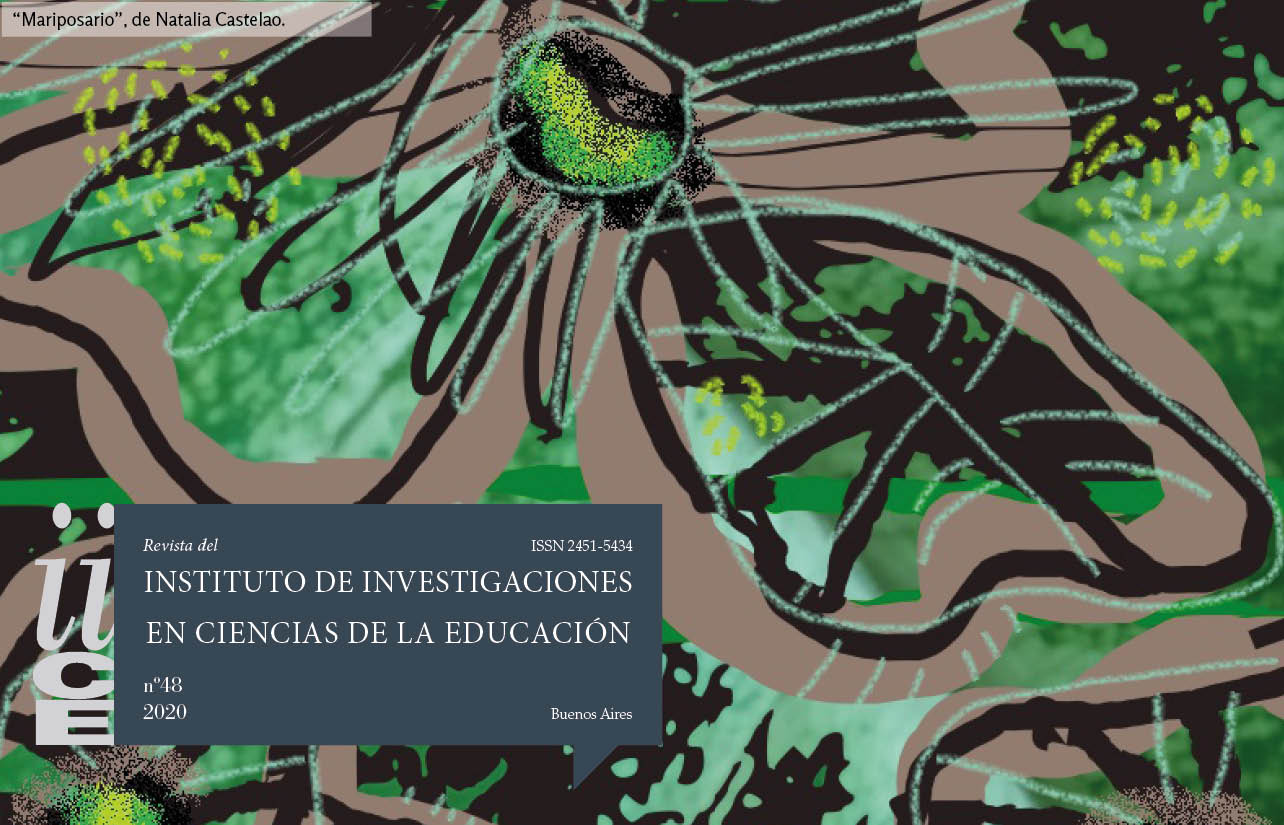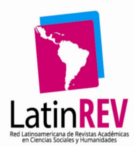Education as a practice of democracy: Paulo Freire before the 1964 civil-military coup in Brazil
Keywords:
Paulo Freire, democracia, Nacional popular, existencialismo
Abstract
This paper aims to review Paulo Freire’s works written in the early 1960’s, before his first books —Education as The Practice of Freedom and Pedagogy of the Oppressed— were released. At that moment, the author presents a concept of education linked to the Brazilian context, i.e., to the idea of National Development and consolidation of democracy in Brazil. Unlike his political views from the end of the decade, at early 1960’s Freire proposed a concept of education aligned with the idea of change from within the social order. He understands that a structural transformation was underway in the country through elections of nationalist-reformist governments. Therefore, we try to understand how Freire articulated an ideal of Popular National to the concepts of Existentialist Philosophy appropriated by the Catholic activism, shared by the educator in his interests and workspaces.Downloads
Download data is not yet available.
Published
2020-11-30
How to Cite
Araújo, T. (2020). Education as a practice of democracy: Paulo Freire before the 1964 civil-military coup in Brazil. Revista Del IICE, (48). https://doi.org/10.34096/iice.n48.10206
Issue
Section
Dossier. A propósito del Centenario de Paulo Freire











